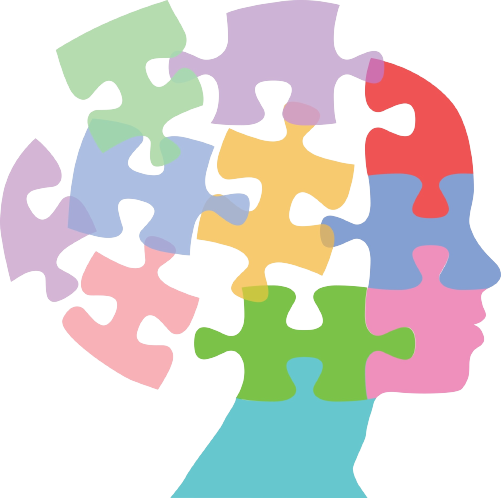The new year often has us feeling like we need to strive for a “new you”. Ideas for change are hatched, plans are made, goals are implemented. Oftentimes weeks or months later we are left feeling disappointed and like a failure. Rather than focusing our efforts on creating a “new you” it could be a better idea to learn more about Who You Really Are.
Who am I? Self Discovery and Therapy
Engaging in therapy is an ideal way to explore Self discovery! As our skeleton supports our body and all of its functions, our sense of self supports our emotional and psychological wellbeing.
Therapy is not exclusively for facing challenges and solving problems
Self-discovery means getting to know who you are as a person. This includes reflecting on what your likes and dislikes are and what you want to achieve in life. When you’re discovering more about yourself, you may also learn what your core beliefs are and discover more about your potential in life.
A sense of self is your perception and awareness of who you truly are, including your sense of identity, your emotions, and your moral code. A person’s sense of self is directly related to how they feel about themselves, their interests and beliefs, and their level of self-confidence. This is critical because it forms the foundation for many other aspects of our lives, from personal goal achievement at work, family, and other relationships.
What does Self-Discovery in Therapy Look Like:
Emotional Support and Validation
Therapy offers a non-judgmental environment where individuals can express themselves freely and be heard. Therapists validate the individual’s experiences and support a fresh perspective.
Increased Self-Awareness and Insight
Therapy allows individuals to gain deep insights into their thoughts, emotions, and behavioral patterns. By engaging in meaningful conversations and introspective exercises, individuals develop a heightened sense of self-awareness. Therapists facilitate the exploration of underlying beliefs and motivations.
Building Coping Skills and Resilience
Life can present us with unforeseen challenges, therapy equips individuals with valuable coping skills to manage them effectively. Learning healthy ways to manage emotions, stress, and conflicts, supports individuals with becoming more resilient and adaptive. Therapy empowers individuals to develop effective problem-solving skills and cultivate resilience, leading to a greater sense of control over their lives.
Strengthening Relationships and Communication
Healthy relationships are the building blocks for a rich and full life. Through therapy, individuals gain insights into their relational patterns, develop effective communication skills, and learn strategies to foster empathy, understanding, and emotional connection.
Personal Growth and Empowerment
Therapy acts as a catalyst for personal growth and empowerment. By exploring emotions and gaining new perspectives, individuals embark on a transformative journey. Therapy encourages individuals to embrace their strengths, passions, and values, fostering self-acceptance and confidence. Through goal setting and action plans, therapy empowers individuals to make positive changes in their lives that promote personal growth, unlock untapped potential and enable individuals to live a more authentic and fulfilling life.
Ultimately, therapy is an investment in your mental, emotional, and relational well-being. It offers a transformative journey of self-discovery and personal growth. Embrace the benefits of therapy and embark on a path toward a more fulfilling and empowered life.
Take the first step by reaching out to a qualified therapist who aligns with your needs and values. The therapeutic relationship plays a crucial role in the success of therapy, so trust your instincts when it comes to the right fit.

